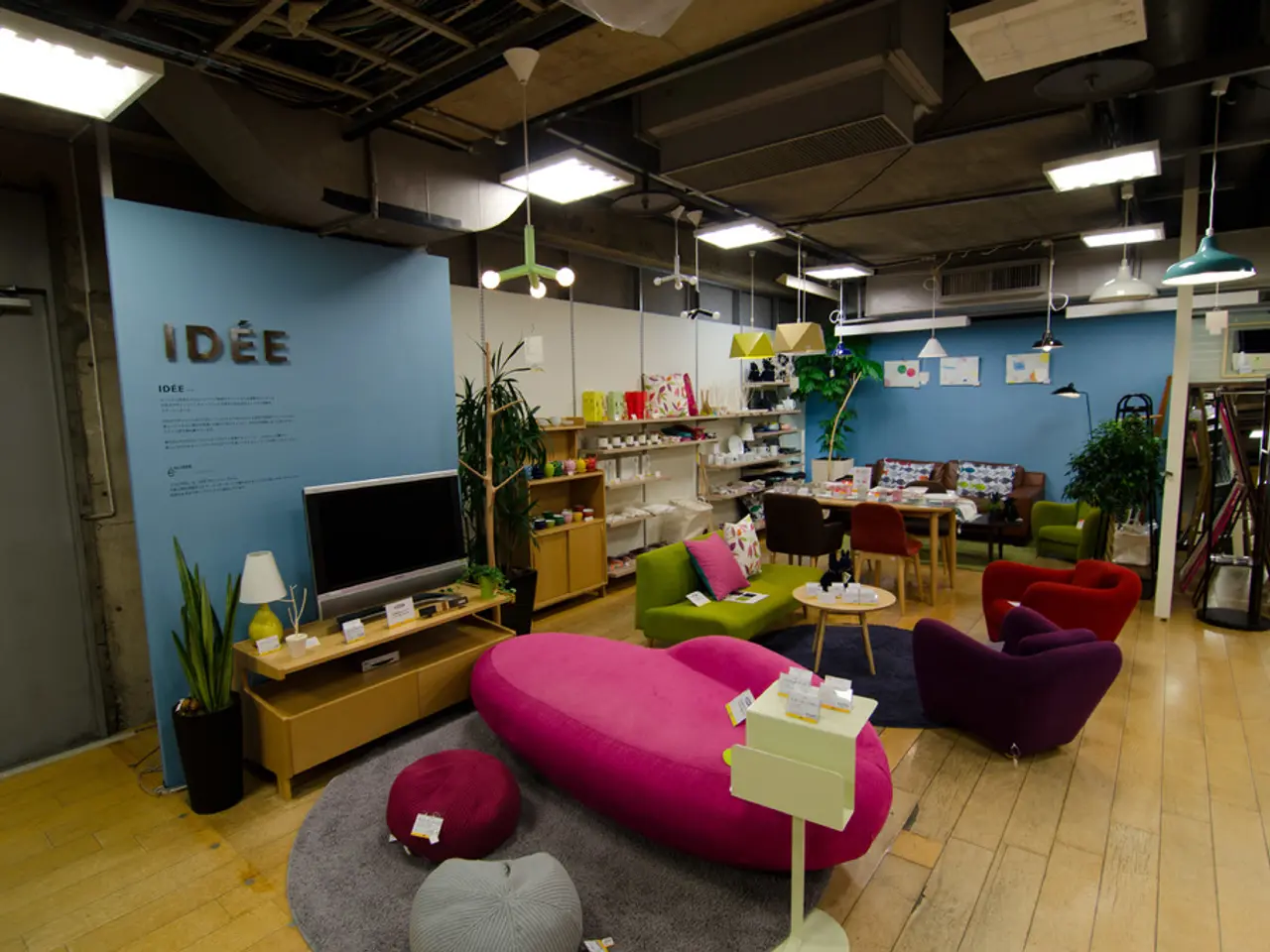Initiating the first week-long focus on sustainability on our website!
The first Sustainability Week on our website has begun, focusing on topics related to sustainability in the home cinema and hi-fi sectors. Throughout the week, updates on the coverage will be posted on the website, providing insights into how the industry plans to make its products more sustainable.
On Monday, we delve into the question of whether hi-fi and home cinema enthusiasts care about sustainability. As it turns out, many manufacturers are already taking significant steps to promote sustainability.
For instance, a Cumbria-based hi-fi brand prioritizes the environment in its operations. Home cinema and hi-fi manufacturers are primarily achieving this by increasing the use of recycled materials in their products, adopting recyclable packaging, designing products for longer lifespans through replaceable parts, and implementing energy-efficient technologies like laser projectors that reduce operational costs and environmental impact.
Sonos, a well-known name in the industry, has made significant strides by increasing the recycled plastic content in its products. The Arc Ultra soundbar, for example, initially contained 5% recycled plastic, but this has since increased to an upcoming 44%. Other products like the Era 300 and Era 100 wireless speakers already use over 40% recycled plastics. The Ace wireless headphones use 31% recycled plastics and feature kerbside recyclable packaging plus replaceable ear cushions to extend product life.
The cinema projector industry is also shifting towards laser and LED technology, which eliminates the need for lamp replacements and lowers energy consumption, contributing to sustainability by reducing maintenance waste and power use.
While industry events showcase high-end home theater tech focused on performance and immersive experience, sustainability efforts are complemented by corporate responsibility reports and initiatives, such as TDK’s Sustainability Report 2025, which emphasizes aligning business strategies with social and environmental goals.
In addition to these measures, it's important to consider the impact of e-waste on the environment. More tech products are ending up in landfill each year, with 62 million tonnes of e-waste produced globally in 2022 (according to the World Health Organization). Sennheiser's HD650 headphones serve as an example of sustainability in the hi-fi industry.
This week, we will also offer advice on making products last longer, measuring TV electricity usage, and three simple eco-friendly tips for TV consumption that could save money. A sustainable alternative for a projector screen saves almost a hundred quid, and we'll be highlighting some of the best wireless speakers, streaming devices, and TVs available currently.
Stay tuned for more updates throughout the week as we continue to explore the intersection of sustainability and home cinema and hi-fi technology. Don't forget to sign up for our Newsletter to stay up-to-date with the latest news, reviews, buying advice, and deals in hi-fi, home cinema, and tech.
[1] Sonos Sustainability Report [2] TDK Sustainability Report 2025 [5] Cinema projector industry shift towards laser and LED technology







